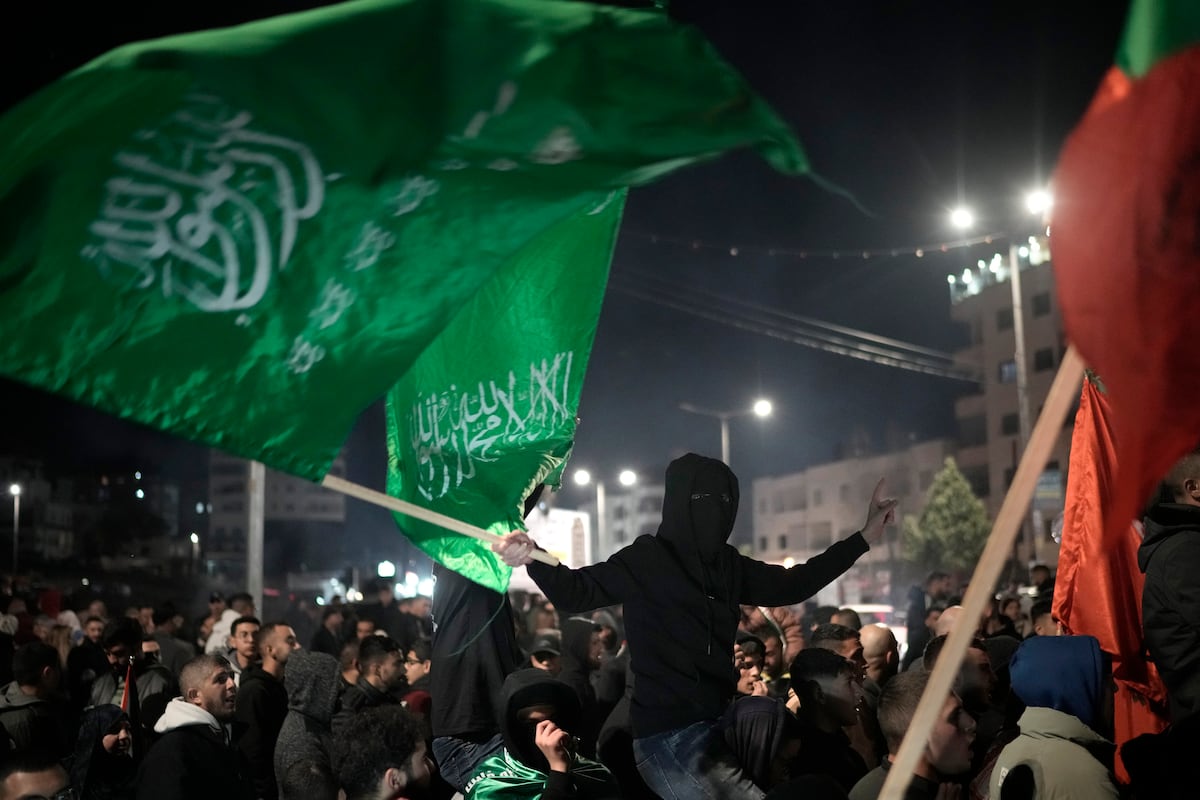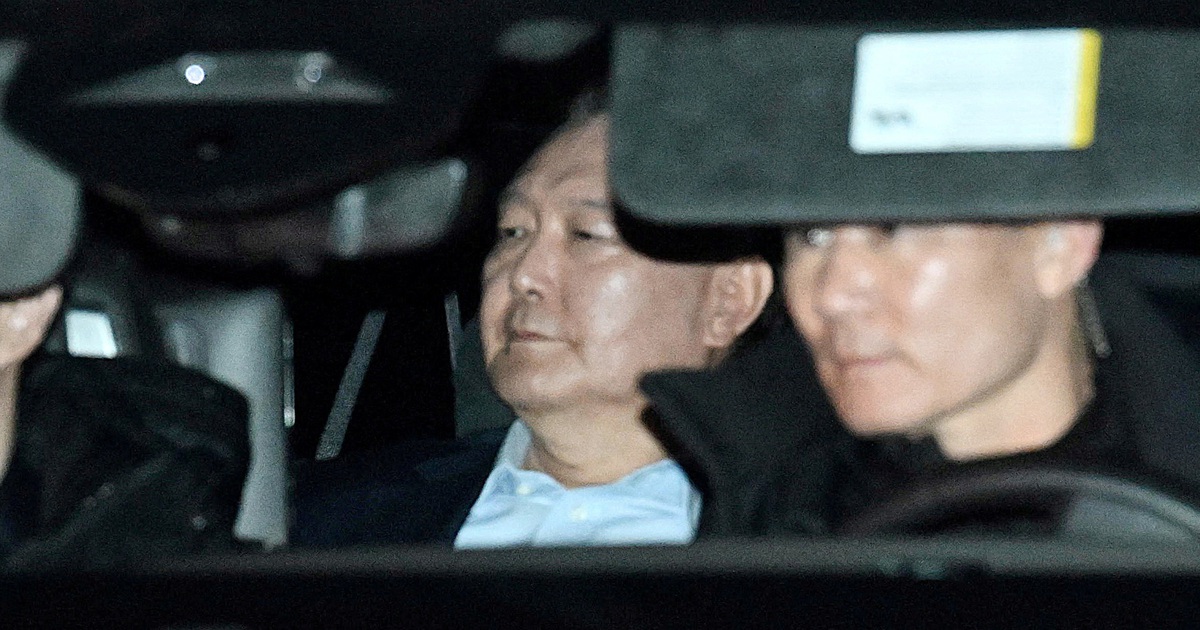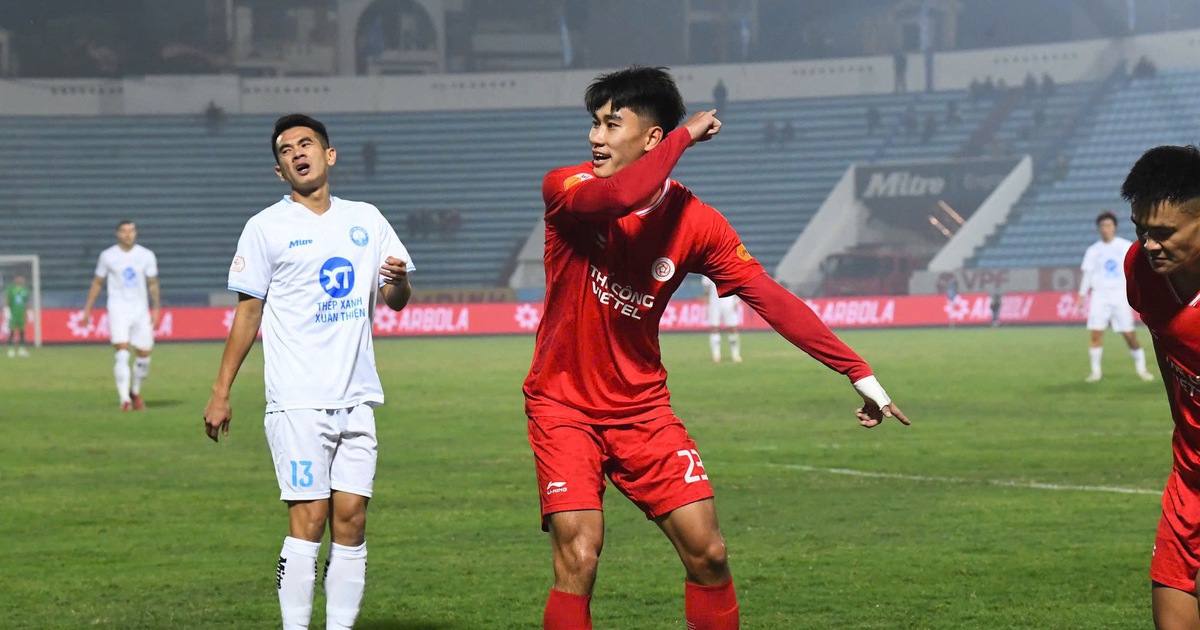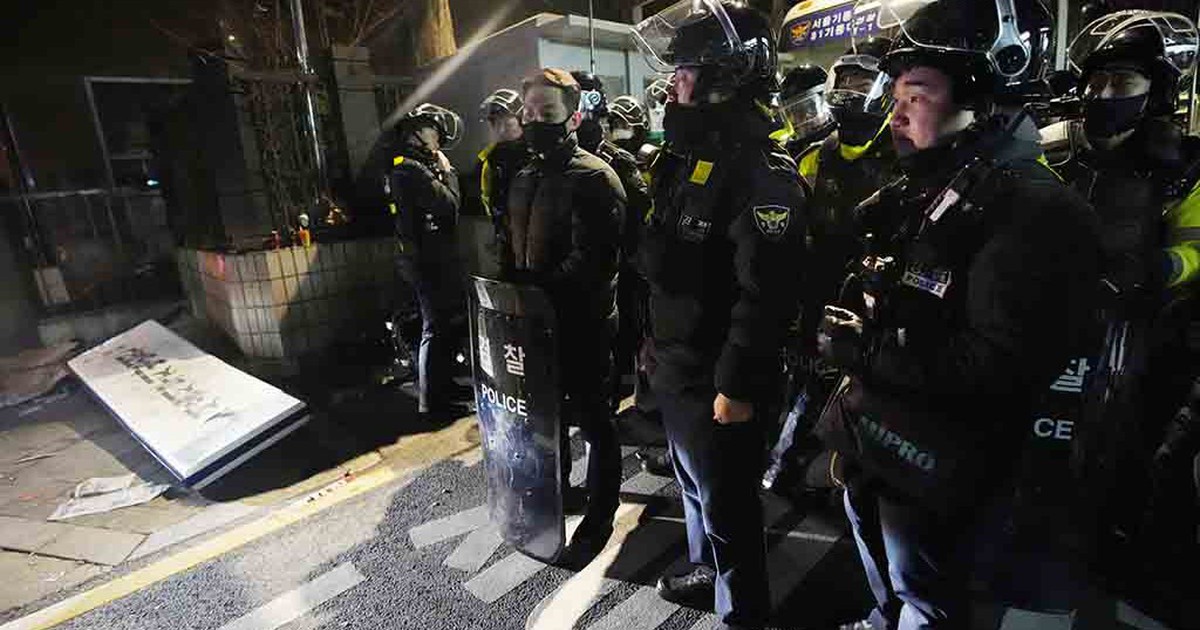Today is supposed to be a happy day for Nihaya Kanaan, but her face says otherwise. His sister, Jalida Jarrar, a deputy and prominent member of the Popular Front for the Liberation of Palestine (PFLP), is on the list of 90 prisoners that Israel was preparing to release on Sunday night, after Hamas had handed over three Israeli hostages. The exchange has already begun, Israel has recovered three young women and everything is ready for the International Red Cross to transport Jarrar and 75 other prisoners by bus to the square in the West Bank town of Beitunia, where hundreds of people are waiting for them.
Kanaan will therefore be able to hug his sister again after almost a year in administrative detention, a tool of military justice – criticized by human rights organizations and UN agencies – by which Israel holds thousands of Palestinians without charge. no court hearing, even for years. But Israeli prisons have become hell since October 7, 2023, when the Hamas attack generated a feeling of revenge towards the Palestinians and with the far-right Itamar Ben Gvir at the head of the Ministry of National Security, on which the prisons depend. . So, more than happy, Kanaan is worried.
“My sister has been in solitary confinement for the last four months, in a 2.5 meter by 1.5 meter cell,” he points out with a Palestinian flag in one hand and a banner with his sister’s face in the other. It is from the little that he knows about her from his lawyer, through whom Jarrar wrote a letter in which he described his situation and made public: “I die every day.” […] The cell looks like a tiny box. I spend most of my time next to a small opening that allows me to breathe. I wait for the hours to pass while I suffocate in the cell waiting to find oxygen molecules to breathe and survive.”
Dozens of prisoners have died behind bars since October 2023. The last, this Saturday, Mohamed Jaber, 22, who had been in administrative detention for 14 months, according to the Palestinian Detainees and Prisoners Affairs Commission.
The prestigious Israeli human rights NGO B’tselem published a report in August in which it concluded, based on 55 testimonies, that Israel has been applying since October 2023 an “institutional and systematic policy focused on the abuse and torture of all prisoners.” ”, with the blind eye of the Supreme Court and the Attorney General’s Office.
Jarrar, explains his sister, has spent a total of five years in prison, between entries and exits, since 2015. Israel defines the PFLP as a terrorist organization and prohibits its activities. In 2021, he was behind bars when one of his daughters, Suha, died of a heart attack at the age of 30. Hundreds of people attended the funeral in Ramallah. He has also known the death of his mother and a nephew in prison. Therefore, the first thing they will do together, “if she is in good enough health,” is accompany her to visit her daughter’s grave, she explains.
“From the moment the rumors began that there would be an agreement until, just today, they confirmed to us that my sister is on the list, all this uncertainty has been extremely difficult,” he laments. “Even today I’m not sure it’s going to come out, until I see it and play it myself. “I’m going to stay here waiting to make sure it really happens.”
The wait, in the middle of the cold, has only just begun. There are few people, just a few hundred people. Many things work against the call. The Palestinian National Authority (PNA) has not organized an official reception, which could turn against it in one of its moments – if possible – of greatest internal discredit. The neighbors themselves have put up barriers to block the passage to traffic and yet trucks constantly pass by, interrupting the concentration.
Collaboration with Israel
Everything about the event shows the low prestige of the ANP, especially due to its security collaboration with Israel and its low profile during the Gaza war. Even more so on a day when the general interpretation is that it is the use of force (the taking of hostages by Hamas) that is bringing the prisoners back. The few gathered wave Hamas flags, especially the Democratic Front for the Liberation of Palestine and even the Lebanese militia party Hezbollah or Yemen, whose Houthi militia has launched missiles and drones against Israel until this Saturday.
From Al Fatah, the party of ANP president Mahmud Abbas, almost none. Al Fatah spokesman Abdel Fattah Dawla, who went to the scene, downplays the phenomenon: “At the meeting of the Palestinian National and Islamic Forces committee we agreed to only fly the Palestinian flag. Then there are separate people who are free to wave whatever they want. “It doesn’t mean anything.”
Added to this is the information coming through mobile phones that ultra-nationalist Jewish settlers opposed to the ceasefire in Gaza are stoning cars as they pass through the area and have burned Palestinian homes and vehicles as collective revenge. Some families of prisoners are afraid and prefer to wait for them at home. The memory of the first exchange of hostages for prisoners, in November 2023, in which Israeli soldiers fired tear gas in that same roundabout to stop the celebrations, does not help either.
They are not allowed now either. Mohamed Amer (whose daughter Jenin is preparing to regain freedom) was reminded by phone this afternoon by an officer from the Shin Bet, the intelligence services in Israel and Palestine. “He told me: ‘I don’t want to see a Hamas flag or a celebration. “Like raising a single flag, we enter the house,” in the town of Dura, in the southern West Bank, he says near a bonfire that a group of young people has lit to warm themselves.
Yenín is 23 years old and has been in prison for 14 months, all in administrative detention. On the prison service list she appears as a Hamas member imprisoned for “supporting terrorism.”
His father, a rancher and with six other children at large, says that, when Jenín entered prison, he kept a lamb—“then it was small, now it is bigger,” he clarifies—to sacrifice it when he came out. Beyond the celebration, it will serve to put an end to what she defines as the 14 months of “hunger, cold, fear and humiliation” that her daughter has been suffering in the prisons under the command of Ben Gvir, according to what she has heard from others. prisoners.
Mohamed is both a father and a Palestinian. First of all, she feels the “joy of knowing” that her daughter will be free again in a few hours. Like the second, “national pride.” “It is very difficult to break our people,” he adds.
In his speech, close to Hamas, he distinguishes between the defeatist negotiation of the ANP – “in which the Palestinian people always lose” – and the one that Hamas has now done with Israel to achieve an end to the bombings in Gaza and the release of a number of prisoners yet to be defined, but which will exceed a thousand. “The destruction [en Gaza] It’s just destruction. Cheap victories are easy, difficult ones have a price. Don’t get me wrong: there isn’t a day that I haven’t thought about how much I wanted my daughter’s release, but I also understood that her imprisonment was the price of freedom and dignity.”









